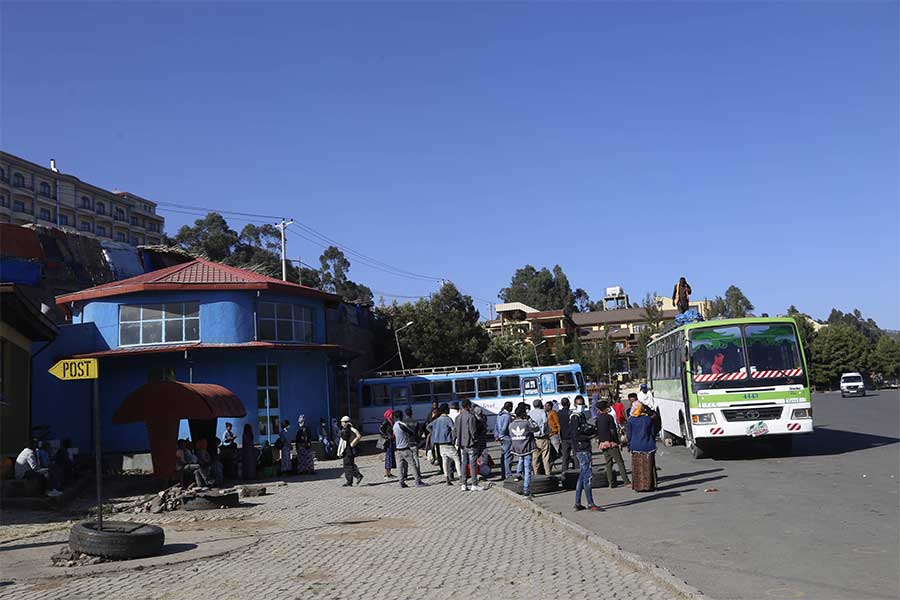
The hard lesson that bakery owners in Addis Abeba have learned over the last decade is that the industry is not as profitable as it used to be. Shortages in the supply of wheat have meant less flour to produce baked items leading to shutdowns, furloughs, downsizing and slimmer profits.
Number of wheat growing farmers
The shortages have been a recurring theme for the last eight years, forcing the government to subsidise wheat for bakeries that agree to sell at government-fixed prices. But the intensity of the shortages has meant that no wheat was distributed last December, while the supply quota was halved in January and is expected to be the same this month. Bakeries like Shoa Bakery & Factory Plc, which operates 16 branches in Addis Abeba, bypassed the quota system and procured their own supply in the open market and nearly doubled prices for all their baked bread for a single day on January 31, 2019. The City Administration intervened and channeled the full quota to major producers like Shoa, Misrak, Rose and Hanan bakeries, forcing them to sell at the government-fixed prices for bread of 1.30 Br for 100g, 2.55 Br for 200g and 3.80 Br for 300g. The authorities attribute the shortages to problems in the procurment process of 200,000tn of wheat slated for this fiscal year.
Experts maintain that this is a symptom of a broader economic failure that is leading to food insecurity. Despite Ethiopia’s 20 million wheat farmers engaged in production, the nation imported 1.7 million tonnes in the last fiscal year at a cost of five billion Birr.
You can read the full story here
PUBLISHED ON
Feb 09,2019 [ VOL
19 , NO
980]

Viewpoints | Jun 07,2020

My Opinion | Sep 27,2025

Viewpoints | Apr 10,2021

Agenda | Dec 12,2020

Viewpoints | Nov 23,2024

Verbatim | Dec 16,2023

Commentaries | Mar 01,2024

Commentaries | Jun 15,2024

Life Matters | Jun 10,2023


Dec 22 , 2024 . By TIZITA SHEWAFERAW
Charged with transforming colossal state-owned enterprises into modern and competitiv...

Aug 18 , 2024 . By AKSAH ITALO
Although predictable Yonas Zerihun's job in the ride-hailing service is not immune to...

Jul 28 , 2024 . By TIZITA SHEWAFERAW
Unhabitual, perhaps too many, Samuel Gebreyohannes, 38, used to occasionally enjoy a couple of beers at breakfast. However, he recently swit...

Jul 13 , 2024 . By AKSAH ITALO
Investors who rely on tractors, trucks, and field vehicles for commuting, transporting commodities, and f...

Oct 25 , 2025
The regulatory machinery is on overdrive. In only two years, no fewer than 35 new pro...

Oct 18 , 2025
The political establishment, notably the ruling party and its top brass, has become p...

Oct 11 , 2025
Ladislas Farago, a roving Associated Press (AP) correspondent, arrived in Ethiopia in...

Oct 4 , 2025
Eyob Tekalegn (PhD) had been in the Governor's chair for only weeks when, on Septembe...